THE CREATIVITY EMERGENCY
When Making Becomes Urgent
"Creation is not a hobby. It is not something to do on the side or when time permits. It is as essential as breathing." — Unknown
WHAT CONSTITUTES A CREATIVE EMERGENCY?
We're familiar with medical emergencies, financial emergencies, even weather emergencies—but what about a creativity emergency?
A creative emergency occurs when the primal need to express, make, or bring something new into existence becomes so urgent that ignoring it threatens your wellbeing. It's the moment when creation shifts from "nice to have" to "necessary for survival."
Signs you might be experiencing one:
Restlessness that won't subside with ordinary distractions
Ideas that wake you at night, demanding attention
A growing sense of despair when too many days pass without making
Physical symptoms like tension, irritability, or fatigue that ease when you create
The distinct feeling that something inside you needs to get out
THE BIOLOGY OF CREATIVE URGENCY
Research suggests that creative expression isn't just psychologically beneficial—it's physiologically necessary. Studies have documented how creative practice:
Reduces cortisol levels and inflammatory markers
Activates reward pathways in the brain similar to those involved in meeting basic needs
Strengthens neural connections that support cognitive flexibility and resilience
Regulates emotional processing in ways similar to meditation
When we suppress creative impulses for too long, our bodies respond with the same distress signals used for other unmet essential needs.
RESPONDING TO YOUR CREATIVE EMERGENCY
First Aid for Creative Blockage:
Declare the emergency. Name what's happening: "I am in a creative emergency right now." This simple acknowledgment can shift your perspective from seeing creation as optional to recognizing it as essential.
Create an emergency kit. Just as you'd prepare supplies for other emergencies, gather tools for creative first response. This might include portable art supplies, a pocket notebook, voice memo app, or even a designated "emergency creativity" playlist.
Establish creative triage protocols. When the urge hits but time is limited, know your minimum viable creative action. Can you sketch for five minutes? Write three sentences? Move to one song? Identify the smallest creative act that will provide relief.
Build a response network. Who can you text when you're in creative distress? Who understands the urgency without judgment? Having support ready can make the difference between expression and suppression.
Document your patterns. Track your creative emergencies: what precedes them, what resolves them, how frequently they occur. This information helps you anticipate and prepare rather than being blindsided.
SOCIETY'S ROLE IN CREATIVE EMERGENCIES
Our current culture treats creativity as a luxury, an indulgence, or worse—a marketable skill only valuable when monetized. This perspective is not just wrong; it's actively harmful.
When we approach creativity as a fundamental human need—like movement, connection, or purpose—we begin to understand why so many people feel an unexplainable emptiness despite having their material needs met.
The rising rates of anxiety, depression, and feelings of meaninglessness might, in part, reflect a pandemic of untreated creative emergencies.
CREATING EMERGENCY RESPONSE SYSTEMS
What would change if we treated creative emergencies with the seriousness they deserve?
Workplaces might install "creative response stations" alongside first aid kits
Healthcare providers might prescribe creative practice with the same confidence they prescribe exercise
Communities might establish "creative urgent care" spaces open when inspiration strikes at midnight
Education systems might prioritize creative expression as essential development, not an extracurricular luxury
A CALL TO ACTION
If you recognize yourself in this newsletter—if you've felt the physical distress of unexpressed creativity—consider this your permission slip to respond accordingly.
Your creative emergency is real. It deserves attention. The act of making something—anything—is not self-indulgent; it's self-preserving.
The world needs what only you can make, but more importantly, you need what only you can make.
How will you respond to your creative emergency today?
Did this post resonate with you? Forward it to someone who might be experiencing their own creative emergency. Sometimes naming what we're experiencing is the first step toward addressing it.

